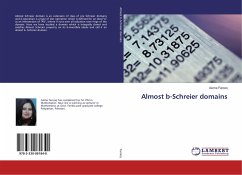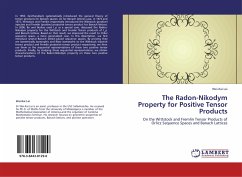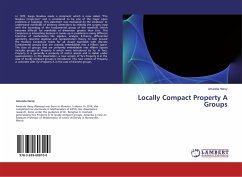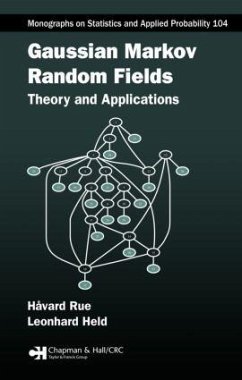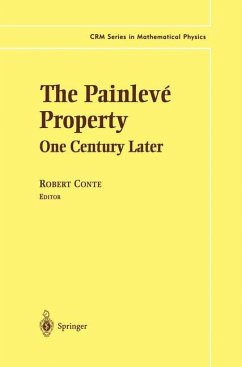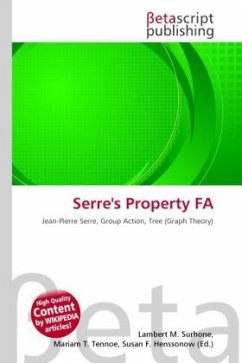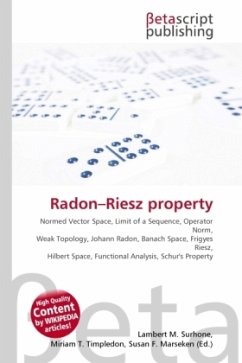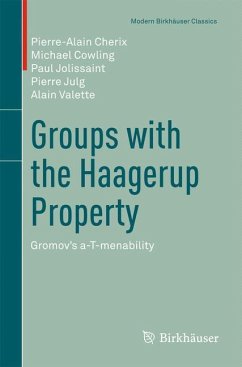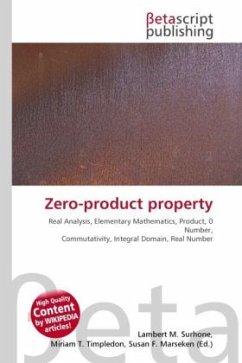
Markov property in non-commutative probability
Versandkostenfrei!
Versandfertig in 6-10 Tagen
33,99 €
inkl. MwSt.

PAYBACK Punkte
17 °P sammeln!
On a non-commutative or quantum probability space the Markov property is based on a completely positive, identity preserving map, so-called quasi-conditional expectation and a state which is left invariant by it. A state of a three-fold tensor product system is Markovian if and only if we have got equality in the strong subadditivity (SSA) of von Neumann entropy. We show that the equality case in the SSA is equivalent with the Markov property also for the so-called CAR algebras that serves as the description of fermion lattice systems. We give a characterization of Markovian quasi-free (Gaussi...
On a non-commutative or quantum probability space the Markov property is based on a completely positive, identity preserving map, so-called quasi-conditional expectation and a state which is left invariant by it. A state of a three-fold tensor product system is Markovian if and only if we have got equality in the strong subadditivity (SSA) of von Neumann entropy. We show that the equality case in the SSA is equivalent with the Markov property also for the so-called CAR algebras that serves as the description of fermion lattice systems. We give a characterization of Markovian quasi-free (Gaussian) states on CAR algebras. We also investigated the Markov property on CCR algebras which is related to the bosonic systems and the characterization of quasi-free Markov states is given. Several entropy related quantities associated with Markov property is also described.



